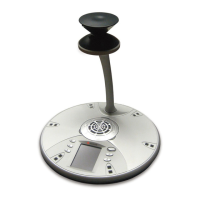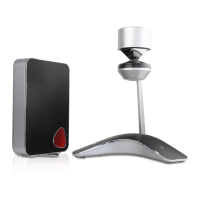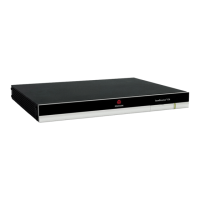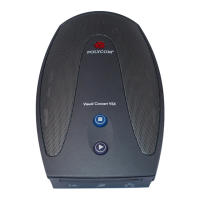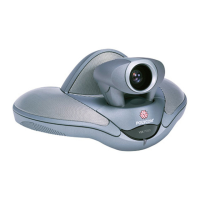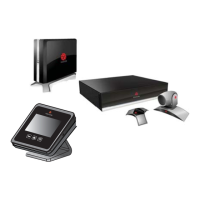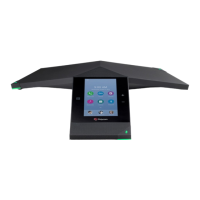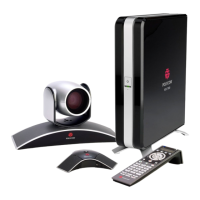Polycom, Inc. 347
Session Initiation Protocol (SIP)
This section describes the basic Session Initiation Protocol (SIP) and the protocol extensions that the
current Polycom UC Software supports.
This section contains the following information:
● Basic Protocols All the basic calling functionality described in the SIP specification is supported.
Transfer is included in the basic SIP support.
● Protocol Extensions Extensions add features to SIP that are applicable to a range of applications,
including reliable 1xx responses and session timers.
For information on supported RFCs and Internet drafts, see the section RFC and Internet Draft Support.
You can find information on the following topics:
● Request Support
● Header Support
● Response Support
● Hold Implementation
● Reliability of Provisional Responses
● Transfer
● Third Party Call Control
● SIP for Instant Messaging and Presence Leveraging Extensions
● Shared Call Appearance Signaling
● Bridged Line Appearance Signaling
RFC and Internet Draft Support
The following RFC’s and Internet drafts are supported. For more information on any of the documents,
enter the RFC number at Request for Comments (RFC).
● RFC 1321—The MD5 Message-Digest Algorithm
● RFC 2327—SDP: Session Description Protocol
● RFC 2387—The MIME Multipart / Related Content-type
● RFC 2976—The SIP INFO Method
● RFC 3261—SIP: Session Initiation Protocol (replacement for RFC 2543)
● RFC 3262—Reliability of Provisional Responses in the Session Initiation Protocol (SIP)
● RFC 3263—Session Initiation Protocol (SIP): Locating SIP Servers
● RFC 3264—An Offer / Answer Model with the Session Description Protocol (SDP)
● RFC 3265—Session Initiation Protocol (SIP) - Specific Event Notification
● RFC 3311—The Session Initiation Protocol (SIP) UPDATE Method
● RFC 3325—SIP Asserted Identity
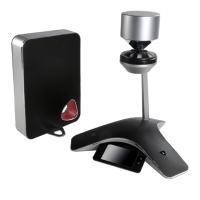
